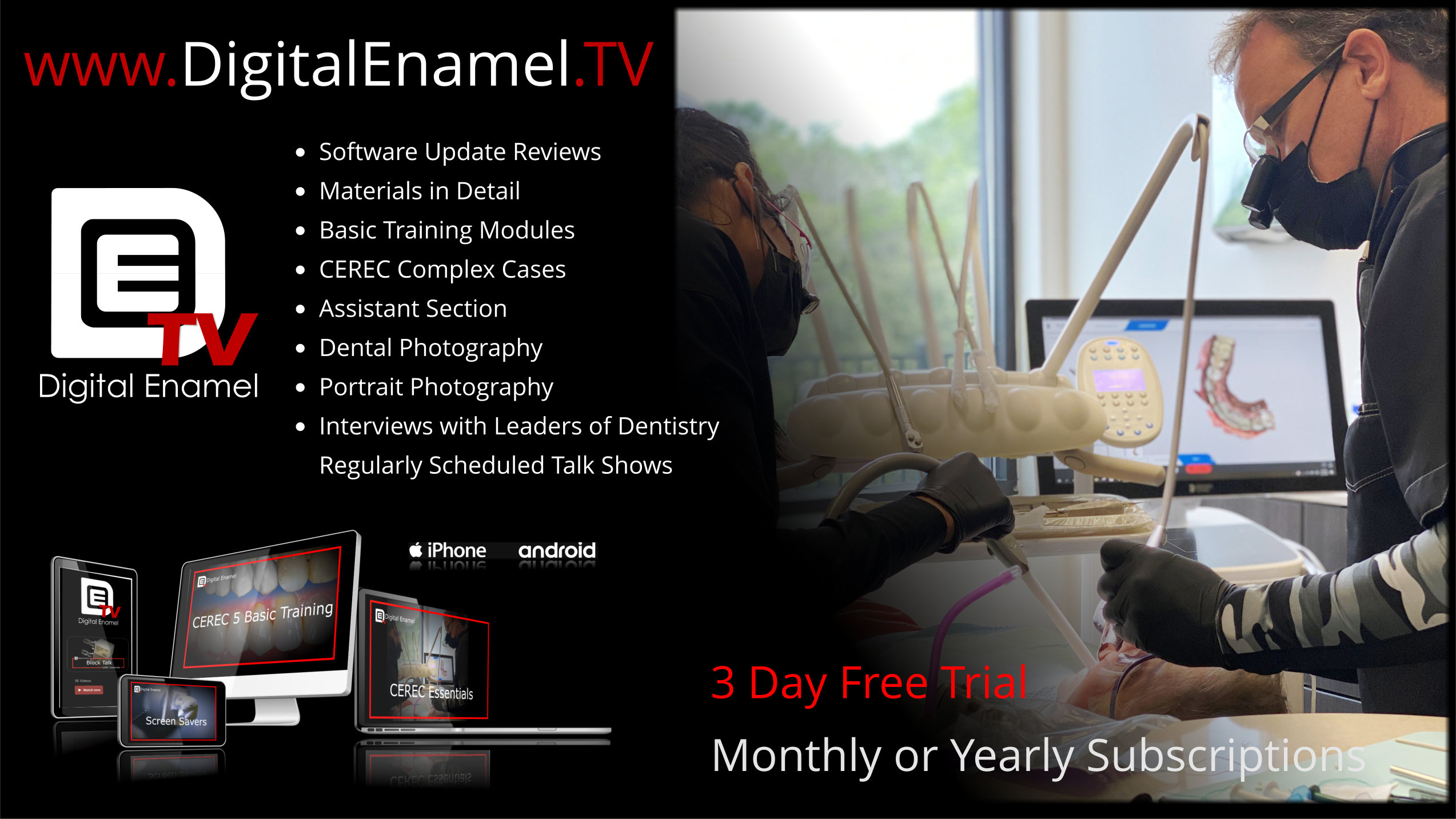“Perfectionism: Friend or Foe?”
(This is Part One of a Three Part Series on Perfectionism in Dentistry)

I remember as a kid being fascinated with rocks and minerals, especially gemstones. As a collector, the gemstone that immediately caught my eye was an emerald and to this day it is still my favorite. I was enthralled with the beauty and richness of the deep green color and considered the emerald to be the perfect gemstone, even above a diamond. However, my perception of the perfect emerald was not real. Gemologists will tell you that even the “perfect” emerald has flaws embedded inside because that’s how they form in the ground. The concept of a “perfect” emerald being “flawed” didn’t make sense to me at first until I looked under a microscope. How could this apparently clear and beautiful gemstone have flaws? I realized that this is exactly how we as human beings are: imperfect. Nobody is perfect and we should be careful not to set an unobtainable standard of perfection as our goal.

Perfectionism affects how one thinks, behaves, and feels. Perfection should not be not our goal in dentistry either for two main reasons: First, it is impossible for a human being to reach perfection, and second, being perfect is actually a denial of one’s humanity and can become a paralyzing reality if not confronted in constructive ways. We often hear the phrase, “Just do the best you can”, but something inside a lot of us hears, “That’s just not good enough!”
The practice of dentistry is an art and science. Dentistry incorporates skills and calculations while attempting to recreate the esthetics, comfort and function of the human dentition. Dentistry is no stranger to perfectionistic ideology as we attempt to flawlessly perform an exact science in a dynamic and ever-changing oral environment. This, however, is not reality and is not possible. I am not suggesting that we do substandard work and hope for the best. Instead, we should “do our best” while constantly trying to improve our skills and realizing that being perfect is not possible. Our goals in dentistry should reflect excellent work, compassionate treatment of our patients, and acceptance of the reality that no one is perfect.
Remember the emerald? In all its glory and beauty, it is “perfectly” flawed. Dentists are like emeralds: We can do gorgeous dentistry resulting in happy patients without being perfect. No one is perfect, not even you!

(Part Two of this series will look at signs and symptoms of Perfectionism and steps to correct and maintain a healthy lifestyle perspective, especially in dentistry.)

